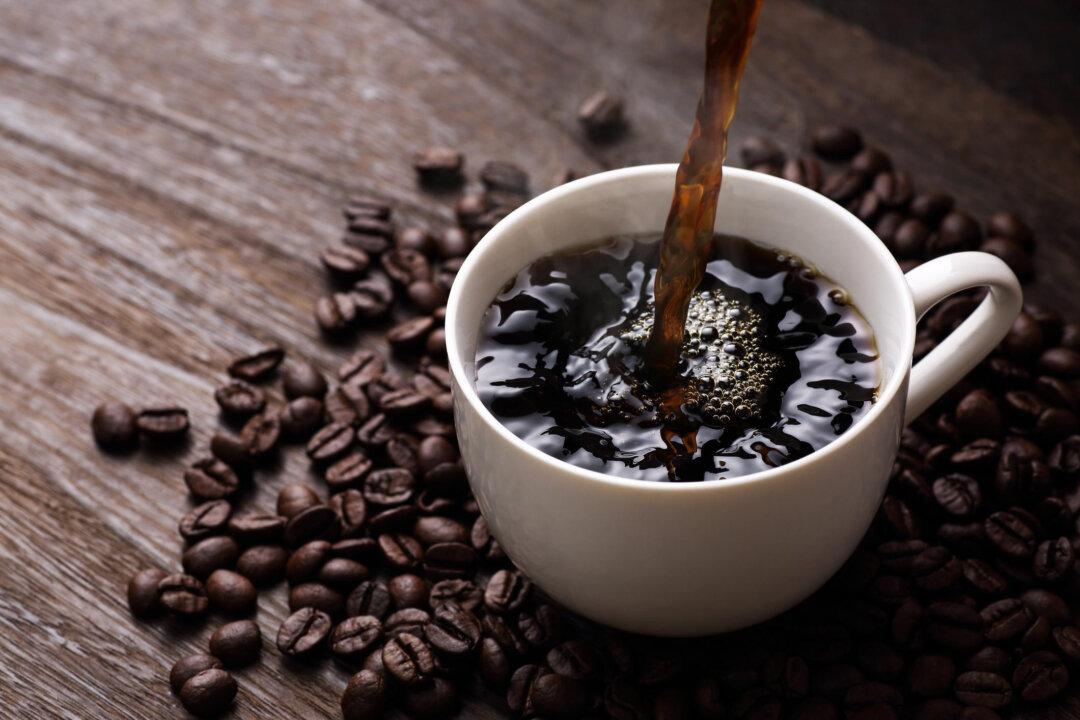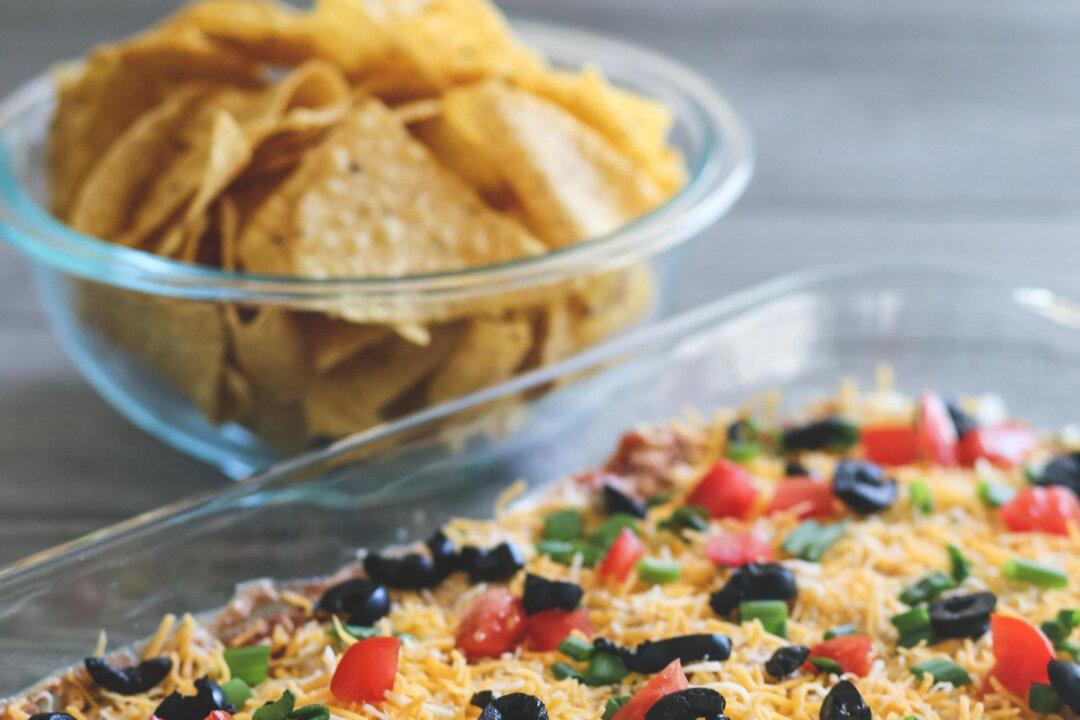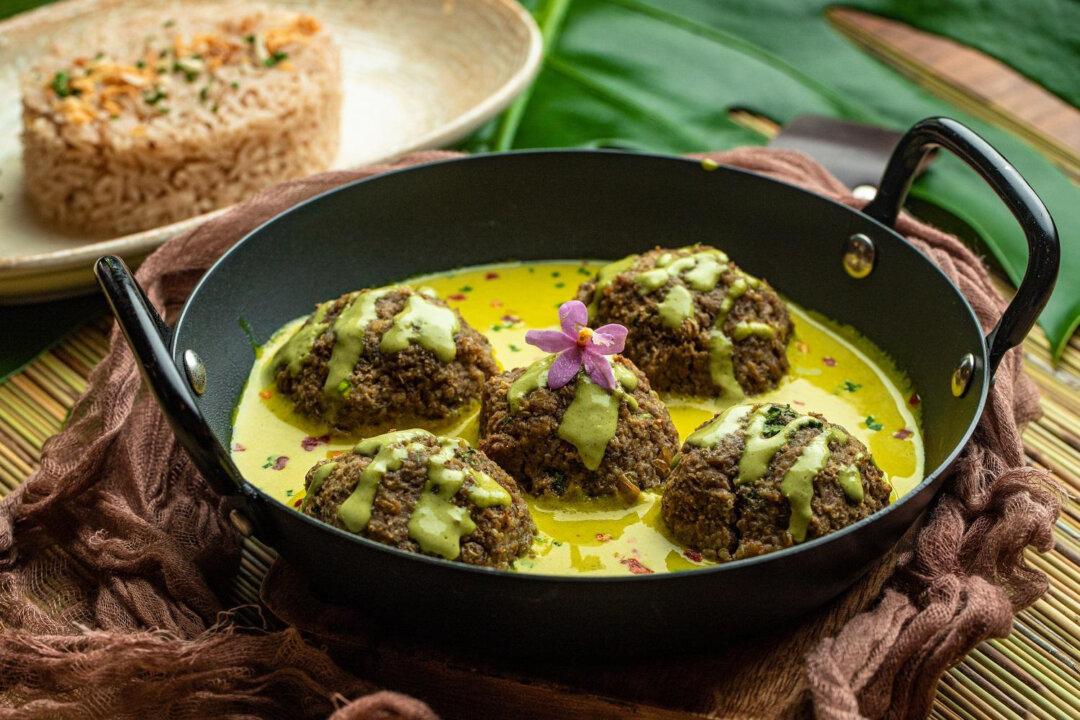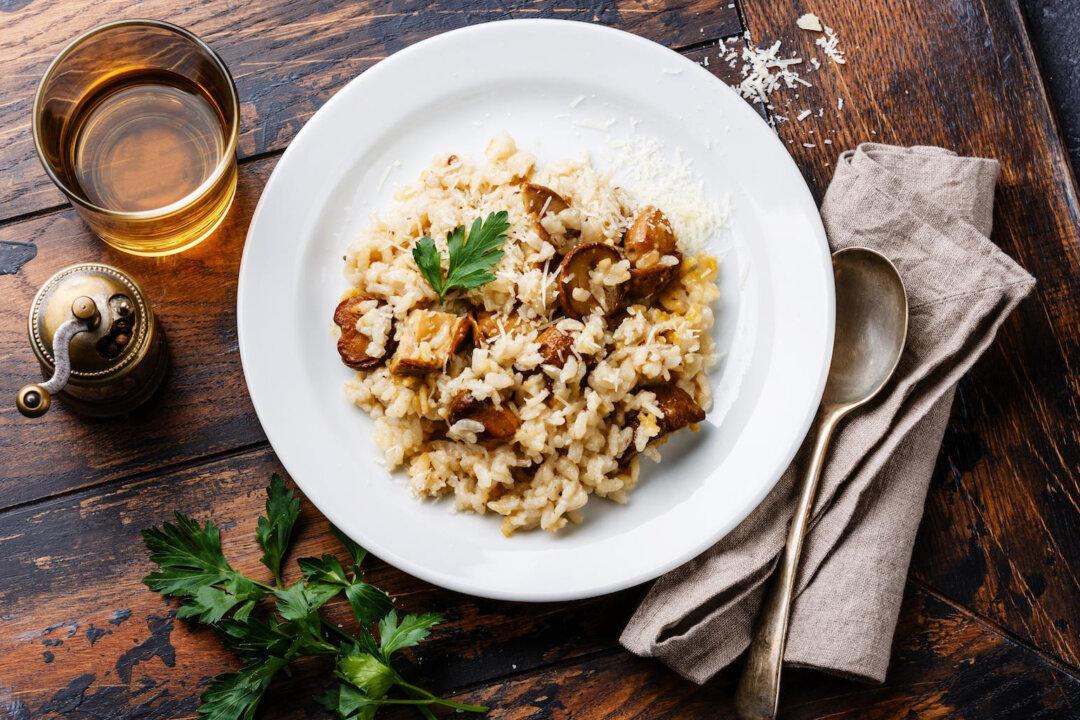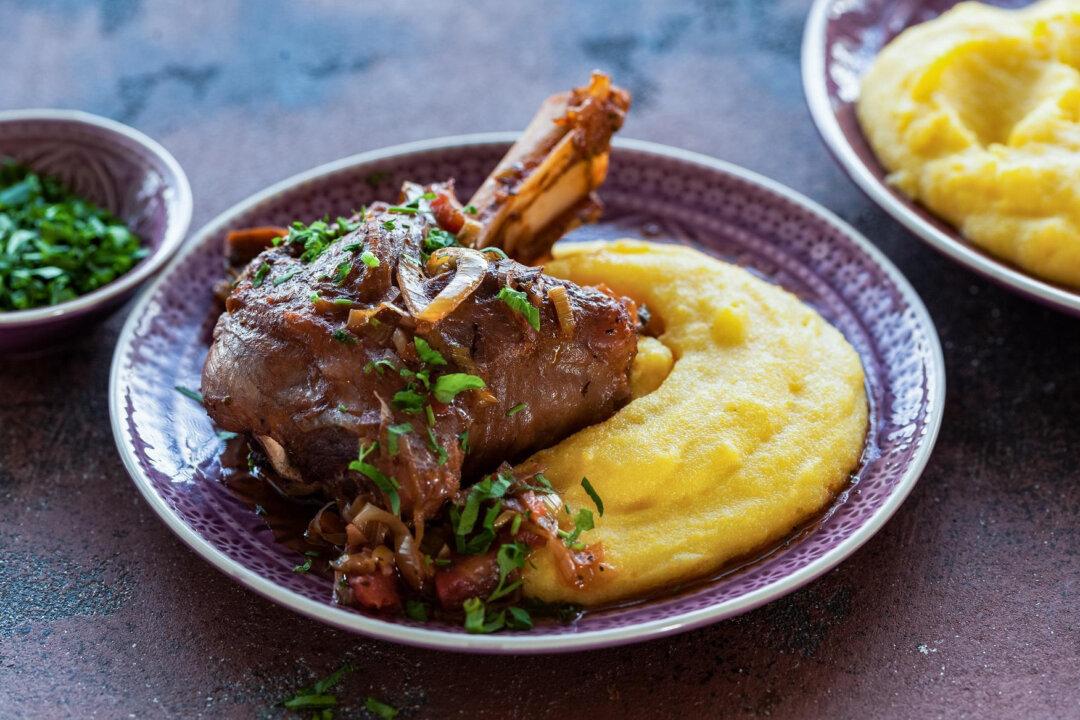Odds are, you make coffee at home. You may triumphantly sip on your at-home cup, but when you compare it to what you get from the coffee shop down the street, there’s a noticeable difference.
Perhaps you’ve tinkered with different brewing devices or tried a variety of beans, and your coffee still falls flat. The key to a great cup of coffee isn’t necessarily about the tools you use or the coffee you buy; it’s about the components of your coffee like water, temperature and grind setting.
There’s no big secret to brewing great coffee — all you need to unlock a great brew is to pay attention to the variables that affect the final cup and be willing to mess up a few times. “I recommend changing one variable at a time unless you want your brain to short-circuit when you’re starting out,” says Chelsea Thoumsin, a coffee and sensory consultant.
Here are five things to watch out for when you’re tasting coffee.
Does Your Coffee Taste Sour? You Might Be Grinding Too Coarsely
Arguably, grind size is the most talked-about variable when brewing coffee and likely the one you’re most familiar with.
A coffee that’s ground too coarsely will taste sour and thin. A coffee that’s ground too finely will feel syrupy and have an unpleasant bitterness at the end.
If you’re not sure whether you’re tasting sourness or bitterness — it can be confusing! — and you’re brewing on a pourover brewer, try timing your brew. A coarsely ground coffee will brew very quickly, while a finely ground coffee will take a long time. Although it depends on the brewer, anywhere between three to four minutes is ideal.

